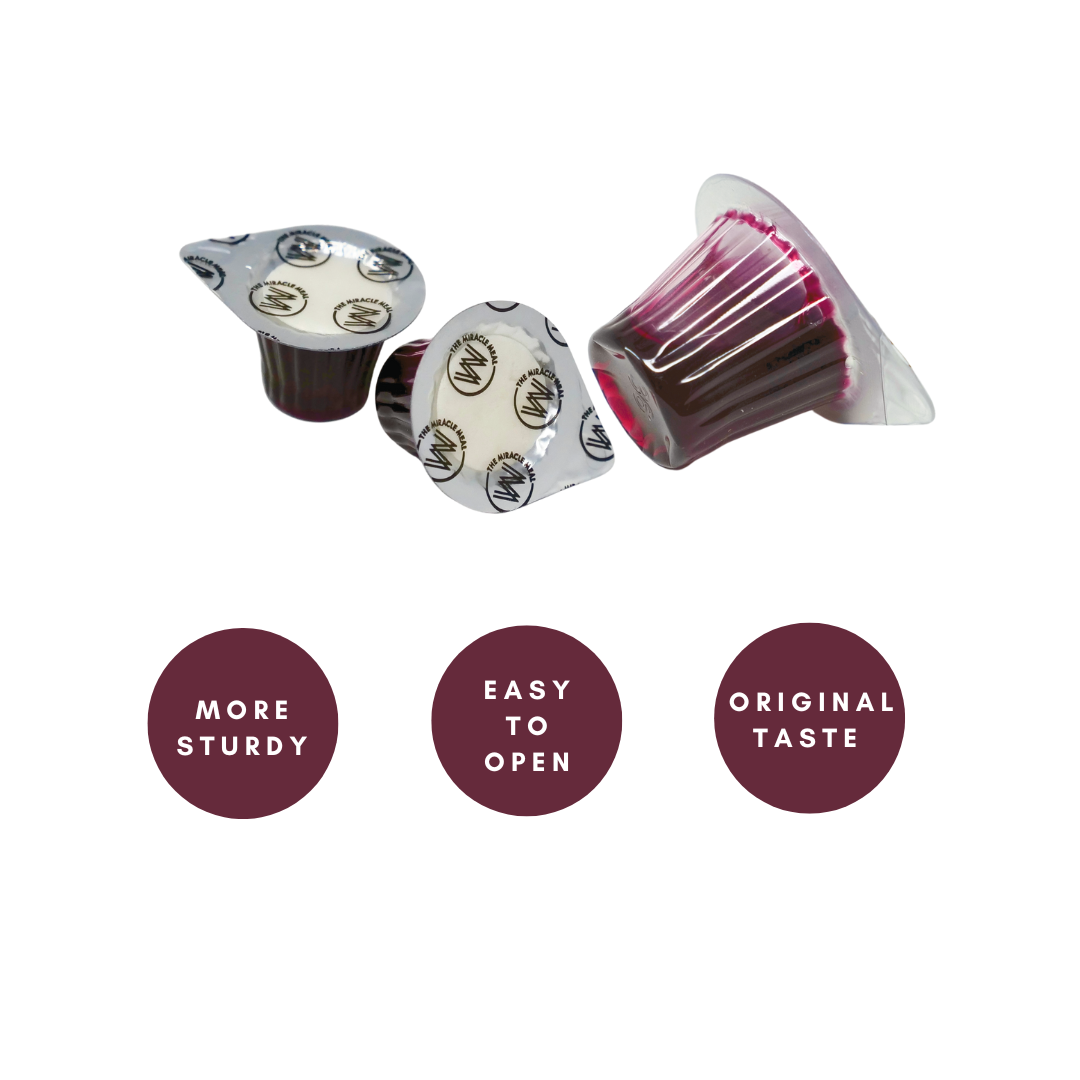Is Drinking From The Communion Cup Safe?
Taking communion is a cherished ritual for many believers around the world, but given recent global health concerns, the question of safety has come to the forefront. The shared nature of traditional communion cups can indeed present risks, particularly as we become more conscious of hygiene and the transmission of germs. This article delves into whether drinking from the communion cup is safe, examines the factors that affect this safety, and explores modern alternatives designed to maintain both the sanctity and healthiness of this practice.
When it comes to the ritual of drinking from a common cup during communion, the underlying concerns are clear: the potential for cross-contamination and the spread of illnesses. To address these concerns comprehensively, we will consider historical practices, scientific findings, and emerging innovations in communion practices. Armed with this information, you can make a more informed decision about what is safest for you and your congregation.
Historical and Traditional Practices
Historically, drinking from a shared communion cup has been a long-standing tradition in many Christian denominations. This practice symbolizes unity and community among the participants. In the past, less understanding of germs and how diseases spread made such communal activities more common. However, even historical precedents include some hygiene precautions, such as the use of precious metals like gold and silver for the cups, which were believed to have inherent antibacterial properties.
The ritual has evolved, but the core element of sharing has remained the same, making it a meaningful yet risky practice. Over time, many churches adopted practices aimed at minimizing health risks. For example, some congregations started wiping the rim of the chalice with a purificator, a special linen cloth, between each sip. Others opted for intinction, a practice where the bread is dipped into the wine instead of drinking directly from the cup.
Despite these measures, the rise of understanding in microbiology during the 19th and 20th centuries, particularly the discovery of many infectious diseases transmitted through saliva, has led to increasing concerns about the safety of drinking from shared communion cups. While historical practices emphasize the spiritual importance of a shared cup, modern health standards push us to reconsider these traditions for the sake of overall well-being.
Scientific Findings on Communal Cup Safety
Scientific studies have provided insights into the potential risks associated with drinking from a shared vessel. Research generally concludes that the risk of spreading infection through a shared communion cup is relatively low compared to other means of transmission, but it is not negligible. Certain infectious agents, including those causing the common cold, flu, and more severe diseases like COVID-19, can survive on surfaces and be transmitted through saliva.
One study revealed that while wine and silver do have some antimicrobial properties, the risk remains present, especially if the cup is not adequately cleaned and if the congregants are not in good health. This is particularly significant for elderly participants or those with compromised immune systems, who may be more susceptible to infections.
The insight from these scientific findings is clear: while the risk is not extraordinarily high, it exists and is enough to warrant caution, particularly in larger congregations where the chance of contact with an infected individual is greater. For this reason, many churches are increasingly turning to individual communion cups as a safer alternative, ensuring that each participant has their own uncontaminated portion.
Modern Solutions for Safe Communion
In response to these safety concerns, modern solutions such as pre-filled, pre-packaged communion cups have gained popularity. These single-serve cups are designed to mitigate the risk of disease transmission while preserving the solemnity of the sacrament. Each cup typically contains a sealed portion of juice and a wafer, eliminating the need for multiple congregants to touch the same surfaces.
The Miracle Meal, for example, offers pre-filled communion cups that require no preparation, making them convenient and, importantly, hygienic. These cups feature a top film that exposes the wafer and a middle foil seal that exposes the juice. Both seals are easy and silent to open, reducing any disruptive noise during the ceremony. Additionally, the plastic cups are recyclable, aligning with environmentally conscious practices.
These pre-packaged cups have a shelf life of up to one year, providing a practical and long-term solution for congregations looking to maintain both the sanctity of communion and the health of their members. Adoption of these modern alternatives allows churches to continue this essential part of worship without compromising on safety, which is especially crucial in today’s health-focused world.
Conclusion
In summary, while historical and traditional practices prize the shared communion cup for its symbolism of unity, modern health awareness necessitates reconsideration of this tradition. Scientific insights indicate that the risk, although relatively low, is present and can be mitigated by adopting safer alternatives. Transitioning to individual cups or pre-filled, pre-packaged communion cups is a prudent approach to ensure the well-being of the congregants while continuing to honor the sacred act of communion.
If you are interested in exploring these safer options, consider The Miracle Meal’s pre-filled, pre-packaged communion cups. They simplify the preparation process, are easy to use, and provide peace of mind when it comes to hygiene. Visit our online store to find out more about how these innovative communion cups can meet the needs of your congregation.



